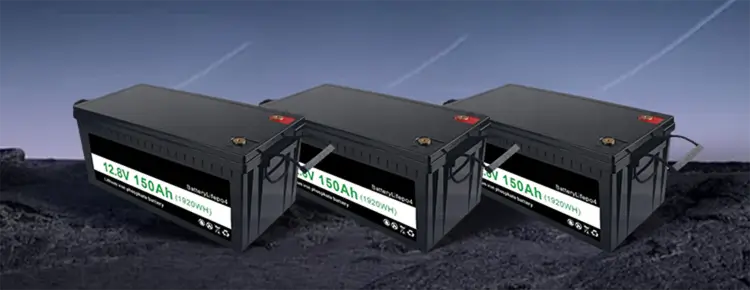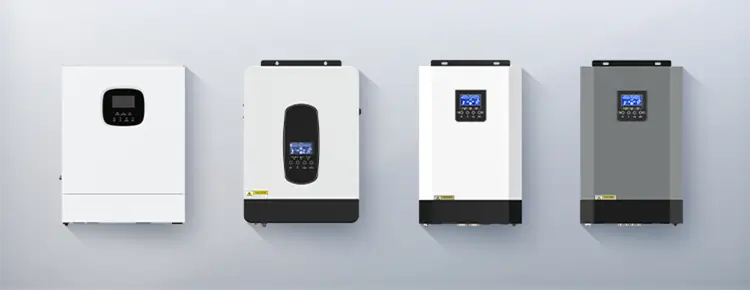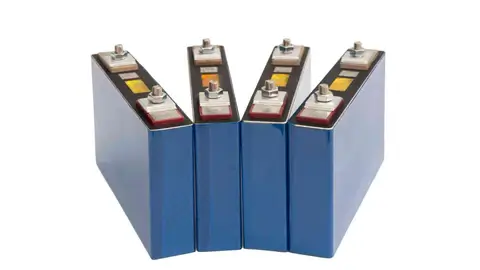



Blog
Hot Category
Latest Blog
10 Jan 2025
Nlelsen
Although LiFePO4 batteries have many advantages, the expansion problem cannot be ignored. Here are some effective ways to prevent it from expanding:
· It is critical to charge strictly according to the battery specifications. Lithium-ion batteries have specified charging voltage and power upper limits. If this upper limit is exceeded, the chemical reaction inside the battery will become uncontrollable, resulting in a large amount of gas, causing the battery to swell. Especially when using a non-dedicated charger or charging for a long time without supervision, overcharging is very likely to occur. At the same time, the temperature during the charging process cannot be ignored. 0-45°C is a more suitable charging temperature range. Exceeding this range may affect battery performance and even cause danger.
·When charging, make sure the voltage and current used are consistent with the battery rating. If the charging current is too large, heat will be generated quickly inside the battery. This heat will accelerate the chemical reaction inside the battery, which may cause the battery structure to deform and then cause expansion. Similarly, if the charging voltage is too high, it will also destroy the structural balance inside the battery and promote gas generation.
·When installing and using the battery, ensure that the positive and negative poles of the battery are correctly connected. Any improper operation, such as the positive and negative poles of the battery contacting metal objects or disordered connection lines, may cause a short circuit. A large amount of heat will be generated at the moment of short circuit, which will decompose the substances inside the battery, release gas, and cause the battery to swell.
·A reliable battery management system (BMS) is installed. BMS is like the "guardian" of the battery. It can monitor important parameters such as battery voltage, current, temperature, etc. in real time. Once any abnormal situation is detected, such as voltage surge, excessive current or high temperature, which may cause the risk of short circuit, BMS will take immediate action, such as cutting off the circuit, to prevent the battery from swelling due to short circuit.
·During the entire life cycle of the battery, attention should be paid to the impact of ambient temperature on the battery. Both high and low temperatures may affect battery performance. Under high temperature environment, the chemical reaction rate inside the battery is accelerated, and the possibility of gas generation increases, thereby increasing the risk of expansion. Although the impact of low temperature environment on LiFePO4 battery is smaller than that of other lithium batteries, it will also affect its performance and may indirectly cause battery swelling. Therefore, try to place the battery in an environment with suitable temperature, such as avoiding direct sunlight or keeping the battery properly warm in cold weather.
·Moisture is a dangerous factor for LiFePO4 batteries. It reacts with LiPF6 in the battery electrolyte to generate HF, which will destroy the internal structure of the battery and also promote gas generation, causing the battery to swell. Therefore, during the storage, use and transportation of the battery, special attention should be paid to the humidity control of the environment to ensure that the battery is always in a dry environment.
·Check the appearance of the battery carefully regularly. Check whether the battery shell has signs of expansion such as bulging and deformation. Once any abnormality is found, stop using the battery in time and check the cause in depth.
·Keep the battery terminals clean and free of debris. If there is dust, dirt or corrosion at the terminals, it may affect the conductivity of the battery, and in severe cases, it may even cause a local short circuit, indirectly causing the battery to swell. You can use clean and soft tools to clean the terminals.
·When purchasing batteries, be sure to choose formal channels. Batteries sold through formal channels have undergone a strict quality inspection process, which can guarantee the quality of the battery to a certain extent and reduce the risk of battery expansion due to defects in the production process (such as uneven electrode coating, damaged diaphragm, etc.).
·Pay attention to whether the battery has relevant safety certification marks, such as UL certification. These certification marks indicate that the battery has met specific standards in terms of safety and performance. Choosing batteries with these certifications can reduce the risks during use.
If the above aspects are achieved, the expansion of LiFePO4 batteries can be prevented to a large extent, thereby ensuring the normal use of the battery and the safety of the entire device.